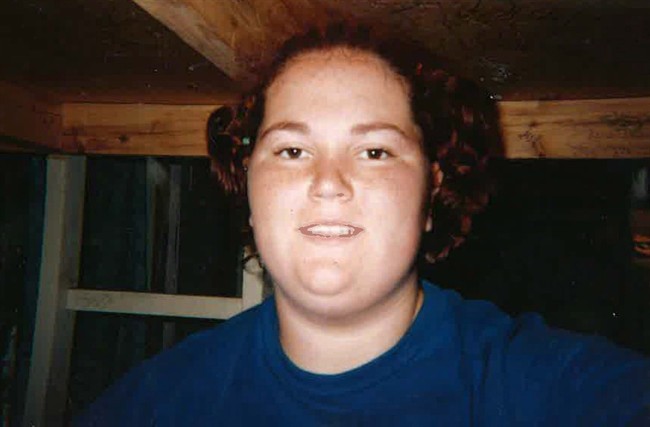TORONTO – Only an independent, external watchdog can force improvements on a secretive prison system deeply resistant to change, an inquest jury heard Tuesday.

Such accountability is desperately needed to prevent a recurrence of the Ashley Smith tragedy, a lawyer for a women’s prisoner advocacy group told jurors.
READ MORE: Correctional investigator calls on prison system to keep up with diversity
In closing submissions, Breese Davies said it would be useless to simply recommend a culture shift at Correctional Service Canada.
“This inquest has taught us the risks of allowing CSC to continue to operate under a cloud of secrecy,” Davies said.
“They have lost their moral compass. The cloud of secrecy has to be lifted.”
READ MORE: Ashley Smith death a homicide, inquest told
Davies, who speaks for the Canadian Association of Elizabeth Fry Societies, said prison authorities need to focus less on security when it comes to mentally ill and chronically self-harming women.
Transparency and a culture willing to listen to critics is required, she said.
Davies, who joined with Smith’s family in urging jurors to return a verdict of homicide in the teen’s choking death six years ago, said CSC has done little to deal with the issues that led to the tragedy.
“CSC cannot be trusted to fix the problems,” she said.
The deeply troubled Smith was 19 when she strangled herself in her segregation cell in Kitchener, Ont., on Oct. 19, 2007, as guards delayed going in to try to save her.
Davies opposed a finding of suicide or accidental death given evidence the warden had ordered underlings to stay out of Smith’s cell as long as the inmate was still breathing.
“The order was a well researched, meticulously-crafted policy that we now know was a major factor in Ashley’s death,” Davies said.
“It was extreme hesitation that caused her death that day.”
An inquest homicide verdict is a neutral finding that does not involve liability or blame but indicates only that a person contributed to the death of another.
“The people who made the order foresaw or expected her death,” Davies said. “They were told directly.”
The inquest has heard about 20 high-needs women with issues similar to Smith, who repeatedly tied cloth strips around her neck, are in Canadian prisons poorly equipped to deal with them.
Davies urged jurors to keep the needs of such women in the forefront of their recommendations.
Self-harm has to be seen as a medical issue, not a security issue, she said. As such, jurors heard, the focus should be on getting mentally ill women out of prison and into independent, therapy-centred health facilities.
The inquest heard extensive evidence of how Smith was kept in segregation, restrained or injected with drugs against her will, and repeatedly shunted from prison to prison when she became too difficult to handle.
“We need to move away from a system of control and forced compliance,” the lawyer said.
“Forced compliance was exactly the opposite of what Ashley needed.”
Davies called for independent oversight of the use of restraints in prisons, and a ban on segregation – where Smith was kept for years – for the mentally ill.
“That’s the right thing to do,” she said. “If it’s not an option, then other forms of intervention will be found.”
The lawyer called for a strengthened women’s secretariat within CSC – given that prisons are a male-dominated system – to which its institutions for females would report.
To ensure jury suggestions aren’t ignored, Davies urged jurors to include public, ongoing oversight of their recommendations along with an independent five- and 10-year audit.
“This way, the cloud of secrecy can’t persist, or return.”



Comments